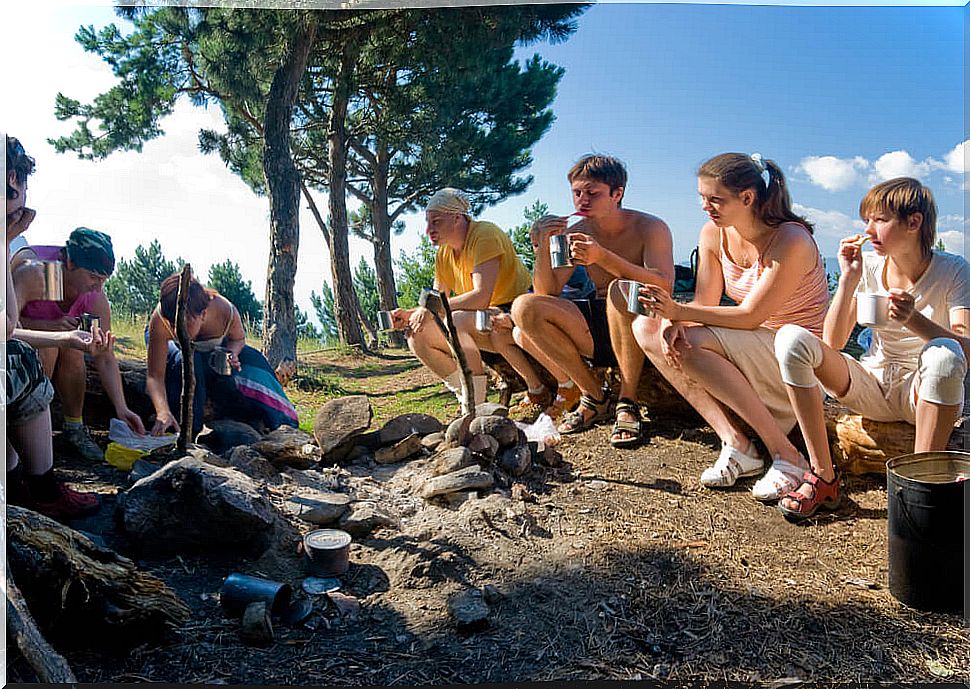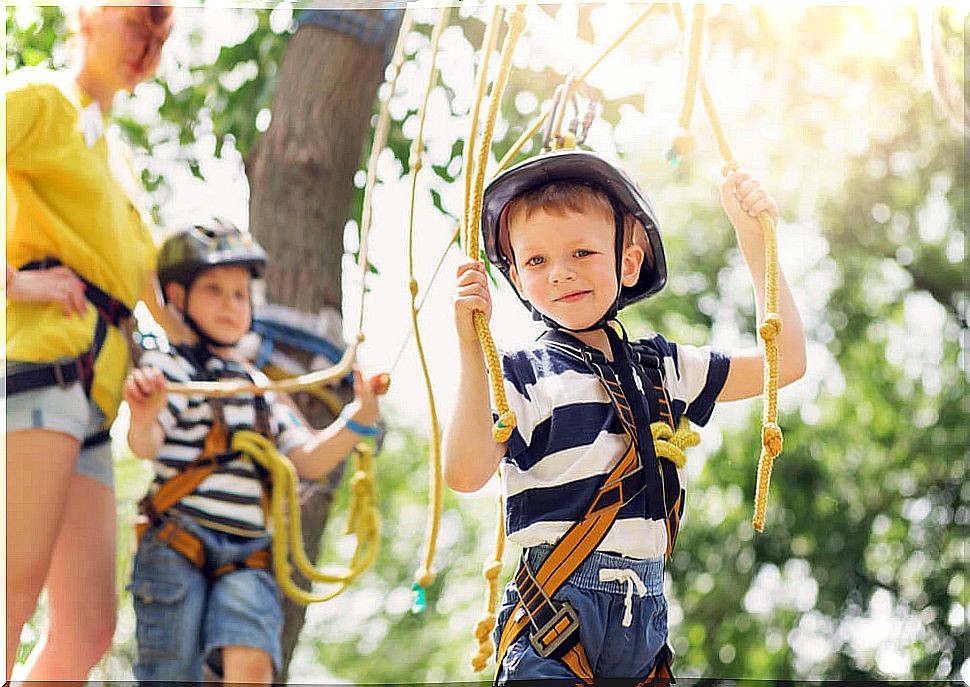6 Tips To Choose A Good Summer Camp For Your Children
Attending a summer camp can be one of the most pleasant and unforgettable experiences for every child and adolescent. Meeting new people, living new experiences and, above all, having a good time mark life forever.
Selecting a good summer camp for your children is a complex task, which requires looking for information, preparing your child and dedicating time to it. It should not be a decision made lightly, nor one in which the urgency of not knowing who will take care of the children during the summer, while the parents are still working, prevails.
How to select a good summer camp?
Here we present what we consider to be the 6 fundamental recommendations for you to be able to select the best summer camp for your child, according to your budget and safe for everyone’s peace of mind.
1. Agree the decision with your child

If it is the first time that your child attends a camp in which he will spend a few days away from home, he has to go voluntarily. It is useless if you make an effort to seek “the best” if your child is not involved and convinced of the decision.
If it is a decision that you must make because there is no one to take care of him during the school holidays, it is important that you explain your reasons well, that you involve him in the search, to find the best option that combines those reasons with the preferences and your child’s views.
2. Start the search early
Deciding which summer camp is the best for your child is as important a decision as deciding which school to study at. It cannot be taken at the last minute. You have to research budgets, compare options, consult with other parents. That takes time.
If your child is interested in a particular topic (sports, languages, hiking, cooking classes or others) you will surely find the options. The generalist camps are giving way to the specialized camps.
Finding the best for you and your children requires an exhaustive search that matches interests with your budget.
3. Investigate, ask, clarify doubts
Find all the information that you consider important (schedules, activities, personnel in charge, first aid, etc.). Avoid getting carried away by what is “fashionable” or what advertising sells. To do this, remember:
- Check the camp website.
- Look at the photographs they publish on their social networks.
- Read the opinions of other parents about the camp that interests you.
- Ask other parents directly, they are an extraordinary source of information. It is your responsibility to protect the safety of your children during their vacations.
Organize the information you collect and then ask those responsible for the camp. It is well worth asking them privately by phone call or email, or through social media. If you can visit the facilities before making a decision, so much the better.
4. Evaluate if your child is ready

A summer camp that involves spending the night away from home for a week or two should not be for children under the age of 8 to 9.
Even so, there are camps that receive them from the age of 6. If you consider that this is the option for you, evaluate well how long you will send your child. A young child will always miss being with the people he meets.
There are camps that operate in the facilities of educational institutions and with the same school hours. That can be a great option for kids 6 and under. And you can combine those activities with some family plans.
5. Evaluate the organization or managers
To select the best camp, you must take into account some important aspects about the responsible entity or organization. It is not a small thing, since they will be in charge of your children for a good number of days.
Among the most important considerations, you should take into account:
- If you comply with current regulations, if you have liability insurance and what are your contingency plans for emergencies.
- If your child is young, it is good that summer camp is easily accessible for you.
- If it is a camp outside the city or your community, evaluate how long you can get there if an emergency arises.
- If your child has a disability, learning problems or follows a strict diet for a medical reason, assess whether the camp is in a position to address these particularities.
- Ask how many years of experience they have organizing vacation plans for children and teens.
- Ask how they select their staff and how many people are in charge of how many children.
- Ask them to commit in writing about how they will care for your child in an emergency.
6. Inform and prepare your child

It is important that your child knows in advance what he is going to find, what activities they are going to carry out, how he should act in the event that he comes across something that he does not like … Also that he gets involved in the preparation of everything that goes to need in the camp.
Attending a summer camp is a great opportunity for any child or adolescent, since they combine playfulness with learning a particular subject and always fruitful exchange with other children and adolescents.
It is important that you make the decision together with your child, so that he is prepared and enjoys the new experiences that he is going to live this summer to the fullest.









